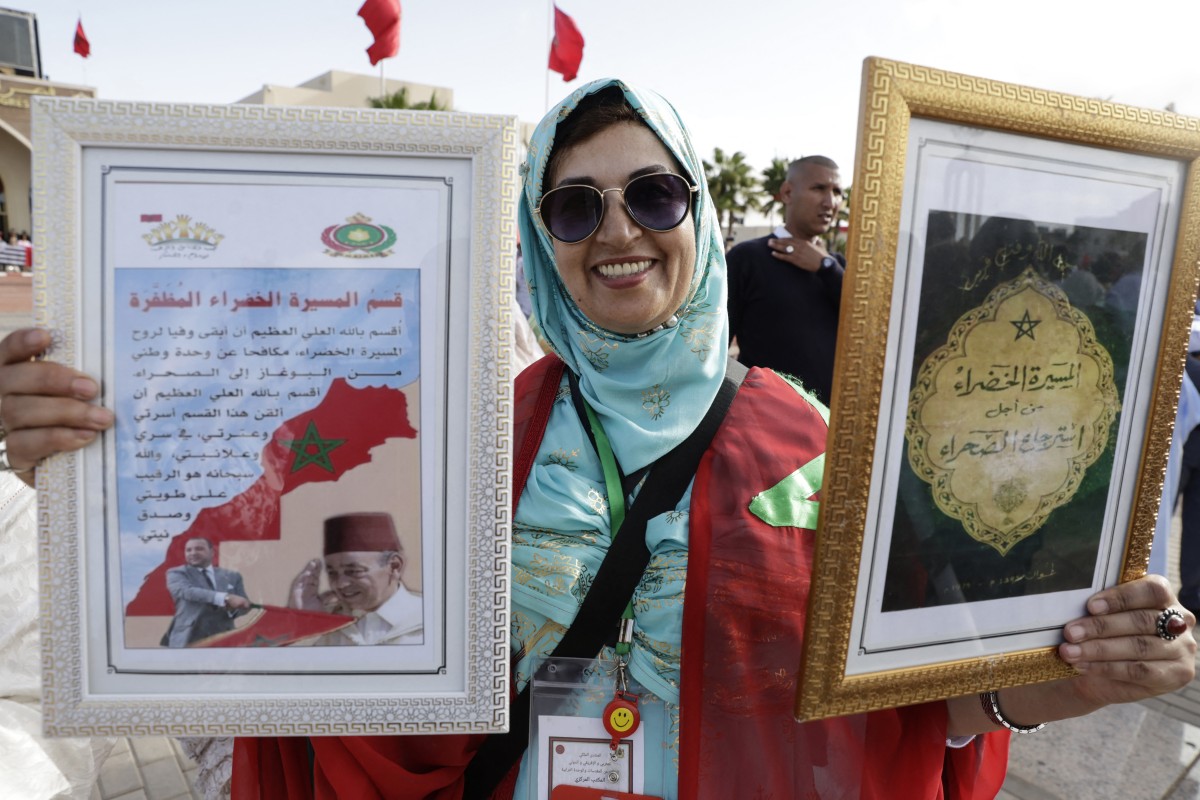New York, United States – The dotted lines illustrating the border between Western Sahara and Morocco, indicating the former’s disputed territory status, have never been visible to people using Google Maps in the latter, the company told AFP on Tuesday.
“We have not made changes to Morocco or Western Sahara on Google Maps,” a Google spokesperson said in a statement to AFP.
“These labels follow our longstanding policies for disputed regions. People using Maps outside of Morocco see Western Sahara and a dotted line to represent its disputed border; people using Maps in Morocco do not see Western Sahara.”
Western Sahara is a vast mineral-rich former Spanish colony that is largely controlled by Morocco but has been claimed for decades by the pro-independence Polisario Front, which is supported by Algeria.
The United Nations Security Council had previously urged Morocco, the Polisario Front, Algeria and Mauritania to resume talks to reach a broad agreement.
But, at the initiative of US President Donald Trump’s administration, the council’s resolution supported a plan, initially presented by Rabat in 2007, in which Western Sahara would enjoy autonomy under Morocco’s sole sovereignty.








